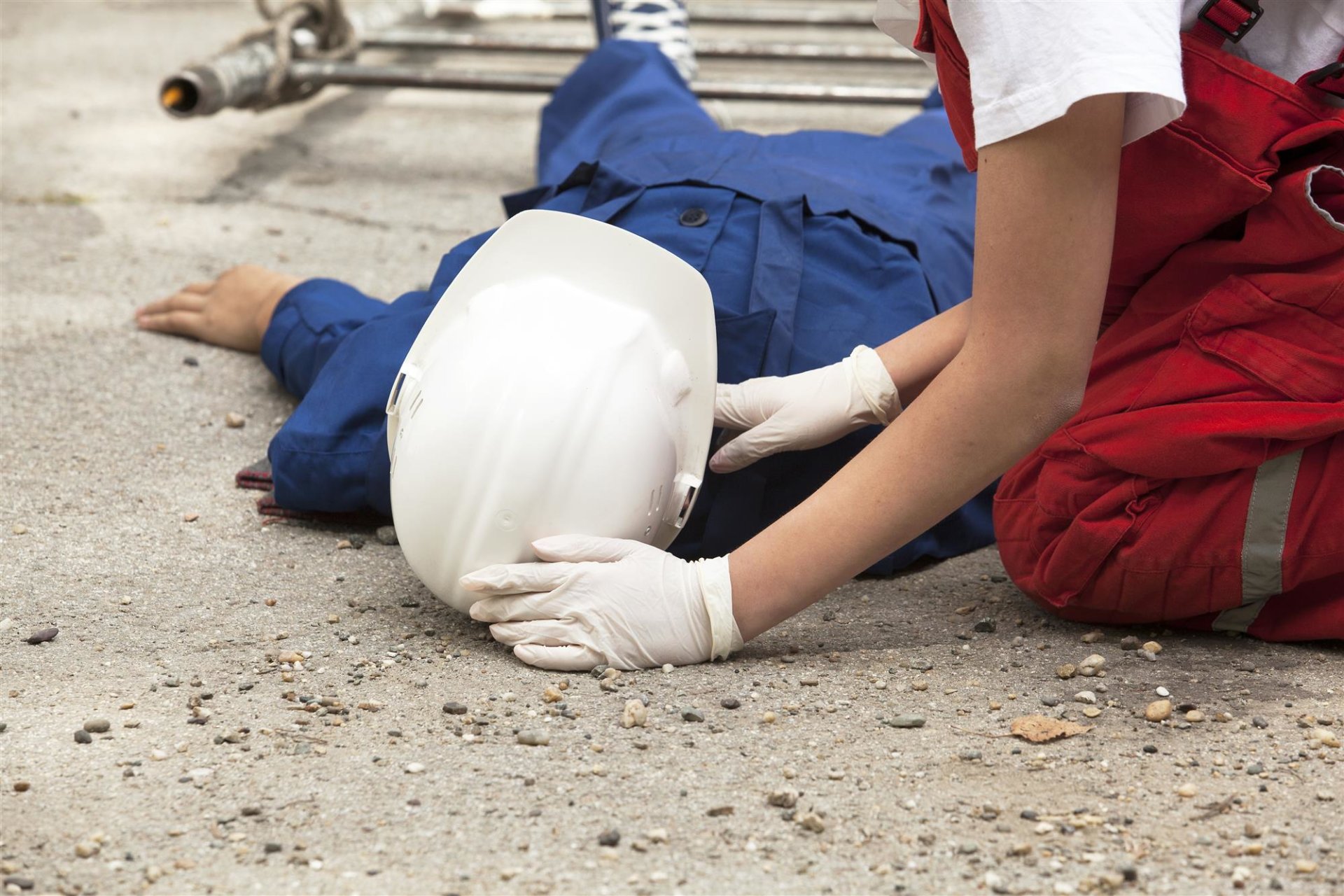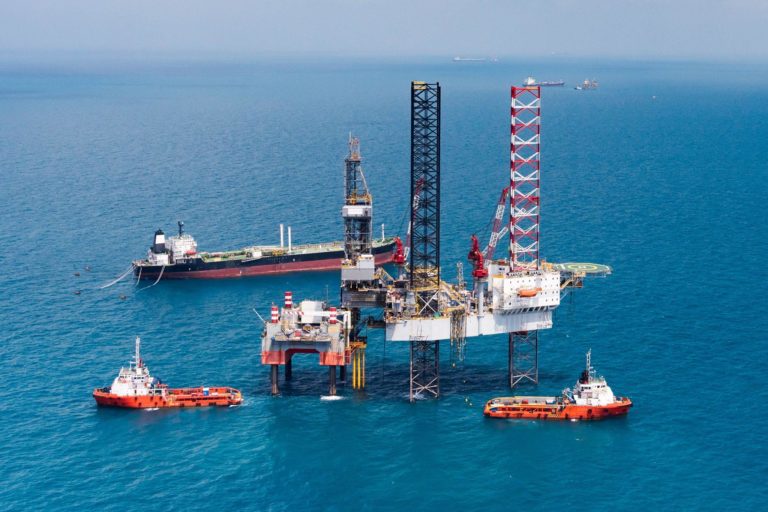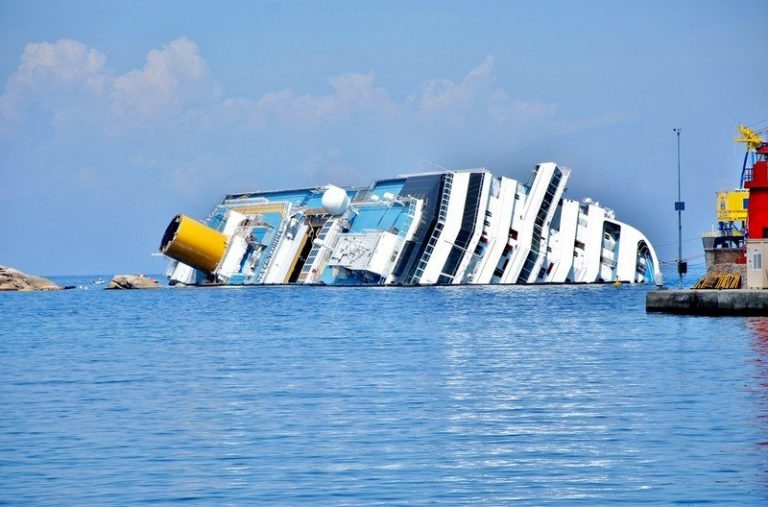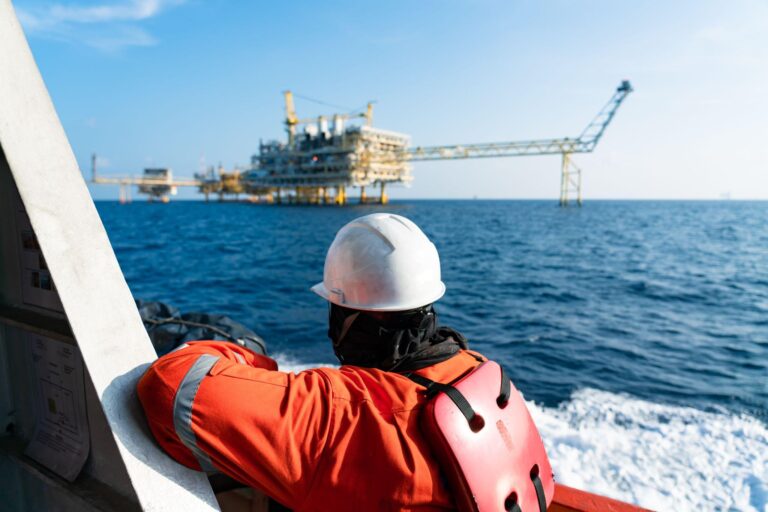Working on an offshore oil rig is considered by many in the maritime industry to be one of the most dangerous types of work environments. Workers face a wide range of risks every single day. In some cases, the injuries sustained while onboard an oil rig can lead to emotional stress over the physical injuries and financial concerns.
All it takes is one serious injury or death of a maritime worker to end a career. When serious injuries and deaths occur, it is very devastating for the surviving family members and children. Fortunately, there are specific legal protections like the Jones Act in place for injured maritime workers and their families.
These legal protections make it possible for the injured worker to seek damages that extend beyond the compensation provided by Maintenance and Cure benefits, which is essentially worker’s compensation for maritime workers. Even though these protections are in place, vessel owners, oil companies, and other businesses involved with the offshore oil rig often make it difficult for injured workers to receive the compensation they deserve unless they have the help of a maritime accident attorney.
While the Deepwater Horizon oil rig explosion and disaster often comes to mind when thinking about the risks of working on an oil rig, this type of accident is not as frequent as other risks maritime workers face. Some of the risks maritime workers face every single day include:
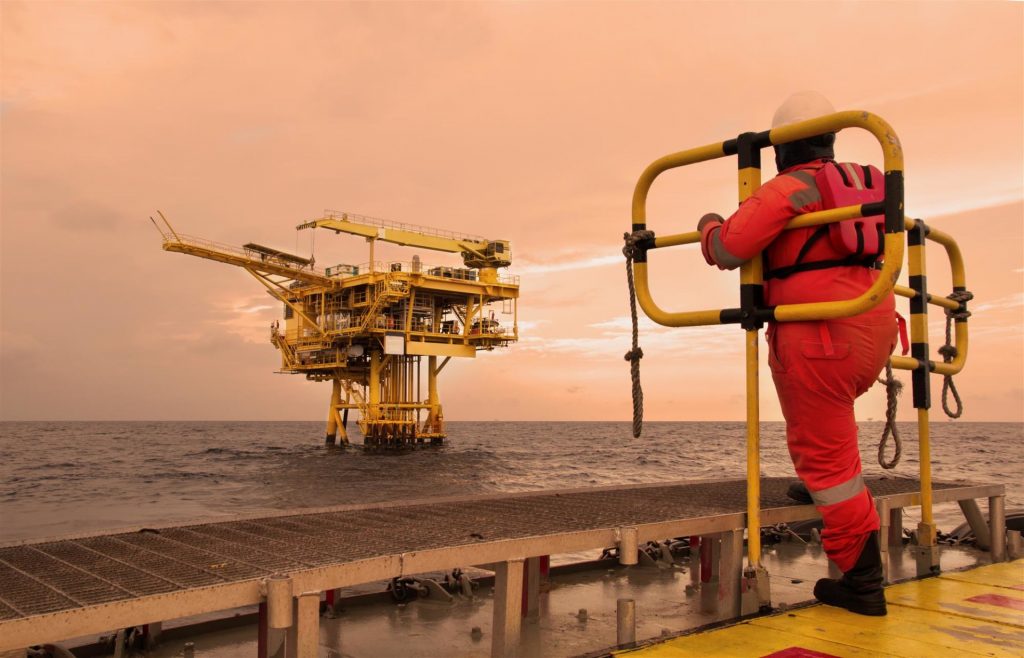
- Falling Objects: If an object, such as a drill or wrench, is not secured and falls or gets knocked off an elevated platform, it can strike unsuspecting workers below. Workers that are struck by falling objects typically sustain head, neck, and shoulder injuries. In some cases, the force of the impact is so strong that it kills the worker upon impact.
- Falls from Elevated Surfaces: Another risk maritime workers face is falling from elevated platforms, through open hatches, and off communications towers. Sometimes they fall to a lower deck and other times fall into the ocean. In many cases, these types of accidents result in death. Even if workers fall into the ocean, the impact with the water, alone, could be enough to crush their bones and knock the air out of their lungs so they are unable to breathe.
- Transportation Accidents: From accidents on vessels to helicopters, maritime workers face risks just getting to and from work. The most common transportation offshore accidents are helicopter crashes from poor weather conditions and loss of engine power.
- Fires and Explosions: Maritime workers are around all sorts of flammable and explosive materials when working on an offshore oil rig. Burns are quite common in cases where the maritime worker comes into contact with dangerous chemicals and in areas that lack proper safety equipment.
- Respiratory Disorders: Being exposed to the types of fumes and chemicals found onboard an oil rig can lead to respiratory disorders. These disorders can develop slowly over time. In other cases, the worker could be required to work in an enclosed space with little ventilation, where asphyxiation could be a serious risk.
- Slips, Trips & Falls: From tools accidentally left on deck to improperly maintained work areas, maritime workers could slip or trip and then fall down. Falls could result in minor injuries like a bruised knee or more serious injuries like falling into the ocean and drowning.
- Improper Use of Machinery and Equipment: Some offshore accidents are the result of workers not being properly trained on how to use machinery and equipment. In other cases, it is because the workers responsible for maintenance have not completed it or forgot to lockout/tagout the machinery or equipment because it is unsafe to operate.
- Inadequate Lighting: Some oil rigs operate round the clock even during the nighttime. If the rig does not have sufficient lighting to illuminate workspaces, accidents can and do occur. Another cause of lighting accidents is when workers fall down stairwells because they lack sufficient lighting to see the stairs.
- Lack of Training: When new workers come onboard, it is sometimes assumed that they are trained and ready to work. However, this is not always the case, and they may not be familiar with certain machinery, equipment, or other such details to be able to work safely. It is important for supervisors to ensure their workers have the proper training before being allowed to work.
How the Human Factor Contributes to Offshore Accidents
The working and living environment workers experience onboard an offshore oil rig also plays a role in the frequency and occurrence of accidents. Human error is quite common as a contributing factor for certain types of accidents onboard an oil rig. The causes of human errors could be traced to one or more of the following conditions:
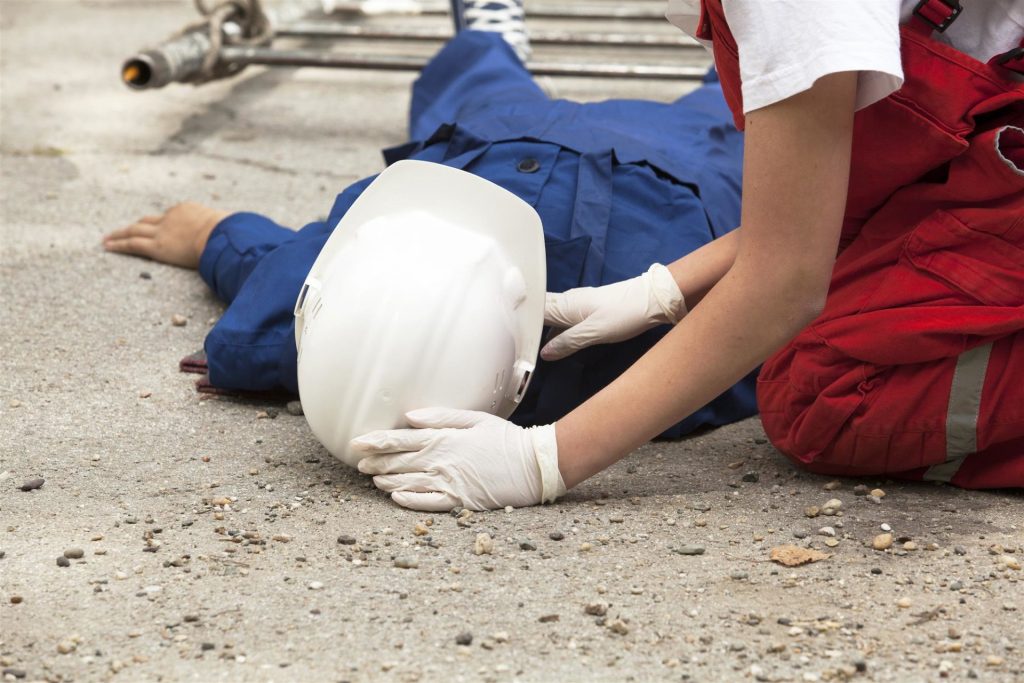
- High Stress: The offshore oil rig work environment can be very fast-paced, with strict deadlines. This can place a huge amount of stress on workers to meet those deadlines. Sometimes this can result in “cutting corners” or not following proper safety protocols to get the job done.
- Long Shifts: Maritime workers tend to work a minimum of eight hours a day. Most work, on average, around ten hours a day. Others could work 12+ hours per day. The longer the shifts, the more likely workers are to make an accident that could result in personal injuries to themselves and their coworkers.
- Little Sleep: It can be difficult for workers to get sufficient sleep onboard an oil rig. The quarters are cramped. Then there are different sounds and noises to get accustomed to and be able to block out to sleep. In some cases, workers can arrive onboard late at night and be expected to report for work four to six hours later.
- No Days Off: Maritime workers tend to work seven days a week. They are often under contract for a set period of time where they agree to work every day until they fulfill their contract. Contract periods can range from three to six months or longer. Without any personal downtime to just relax, it can lead to fatigue.
- Fatigue: Initially, when workers first arrive, they are often well-rested and capable of performing their job duties safely. However, after several months of working 8–12 hour days every single day, not getting sufficient sleep, and being stressed, fatigue can set in. This can cause workers to lose focus of what they are doing and result in offshore accidents.
As you can imagine, working onboard an oil vessel can be a high-risk profession. The reason people decide to choose this as a career is they are typically well-paid when they are able to complete work on time and on schedule. It is not unheard of for an oil company, vessel owner, or another business to pay out huge bonuses when work is completed ahead of schedule.
What Recourse Is There for Offshore Oil Rig Accidents?
As previously mentioned, there are maritime laws like the Jones Act and Maintenance and Cure in place to help provide compensation for a maritime worker’s injuries. It is important to keep in mind there are specific filing requirements and deadlines one must adhere to when filing a claim. If these are missed, then it could result in not receiving the compensation they deserve.
Generally, the process starts with reporting the accident and injury onboard the oil rig to the appropriate supervisor and filling out an accident injury report. The next step is to seek proper medical care for the injury. After doing so, the next step should be to contact a maritime accident attorney to find out your legal rights and what to expect next.
Speaking to a maritime accident lawyer is free, so there is no reason why you should not consult with one. To speak to one of our maritime personal injury lawyers at Maintenance and Cure, part of Schechter, Shaffer & Harris, L.L.P., please feel free to call 1-800-836-5830 now! Our lawyers are available 24/7.

